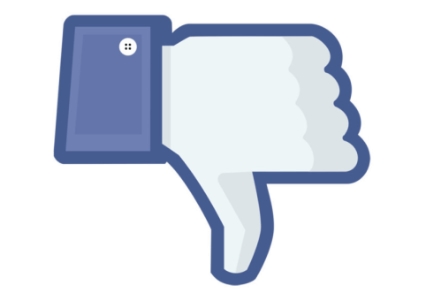Polling

Suggest an important issue not listed in this sub-category (). (Maximum 60 Characters)
Social media disinformation

The business model of most social media platforms depend on advertising revenue for success. Often, the pressure for growth and user-engagement take precedent over displaying truthful content. This tactic may be good for business but advocates warn it is very harmful to our society. Algorithms employed by these firms amplify disinformation, conspiracy theories and hate speech to trigger outrage and fear among viewers - ensuring these items will be widely shared and reposted. Critics claim these policies allow extremist groups such as anti-vaxxers, climate change deniers, white supremacists (and Russia) to appear more popular than they actually are, and to enjoy more support than they really do.
Facebook and other platforms are aware of these effects but repeated attempts to adjust their algorithms have been repeatedly ignored, diluted or deliberately shut down by company officials. In 2018, Facebook managers reportedly told employees the company’s priorities were shifting “away from societal good to individual value.” Advocates say Instagram and You Tube are just as bad as Facebook in this regard. Only Twitter has made changes to project more truthful content. Advocates claim that addressing urgent social issues may not be possible without first getting social media disinformation under control.
Pending Legislation: H.R.4653 - Social Media Accountability and Account Verification Act
Sponsor: Rep. Adam Kinzinger (IL)
Status: House Committee on Energy and Commerce
Chair: Rep. Frank Pallone (NJ)
Facebook and other platforms are aware of these effects but repeated attempts to adjust their algorithms have been repeatedly ignored, diluted or deliberately shut down by company officials. In 2018, Facebook managers reportedly told employees the company’s priorities were shifting “away from societal good to individual value.” Advocates say Instagram and You Tube are just as bad as Facebook in this regard. Only Twitter has made changes to project more truthful content. Advocates claim that addressing urgent social issues may not be possible without first getting social media disinformation under control.
Pending Legislation: H.R.4653 - Social Media Accountability and Account Verification Act
Sponsor: Rep. Adam Kinzinger (IL)
Status: House Committee on Energy and Commerce
Chair: Rep. Frank Pallone (NJ)
Poll Opening Date
August 15, 2022
Poll Closing Date
August 21, 2022
Democracy Rules respects the privacy of your information.
See PRIVACY STATEMENT
See PRIVACY STATEMENT